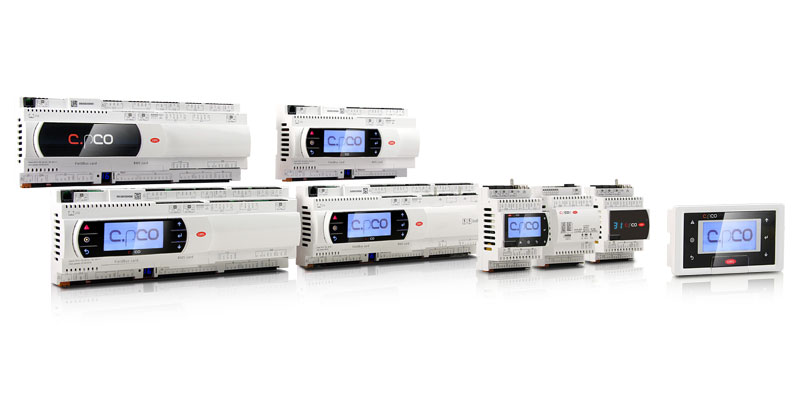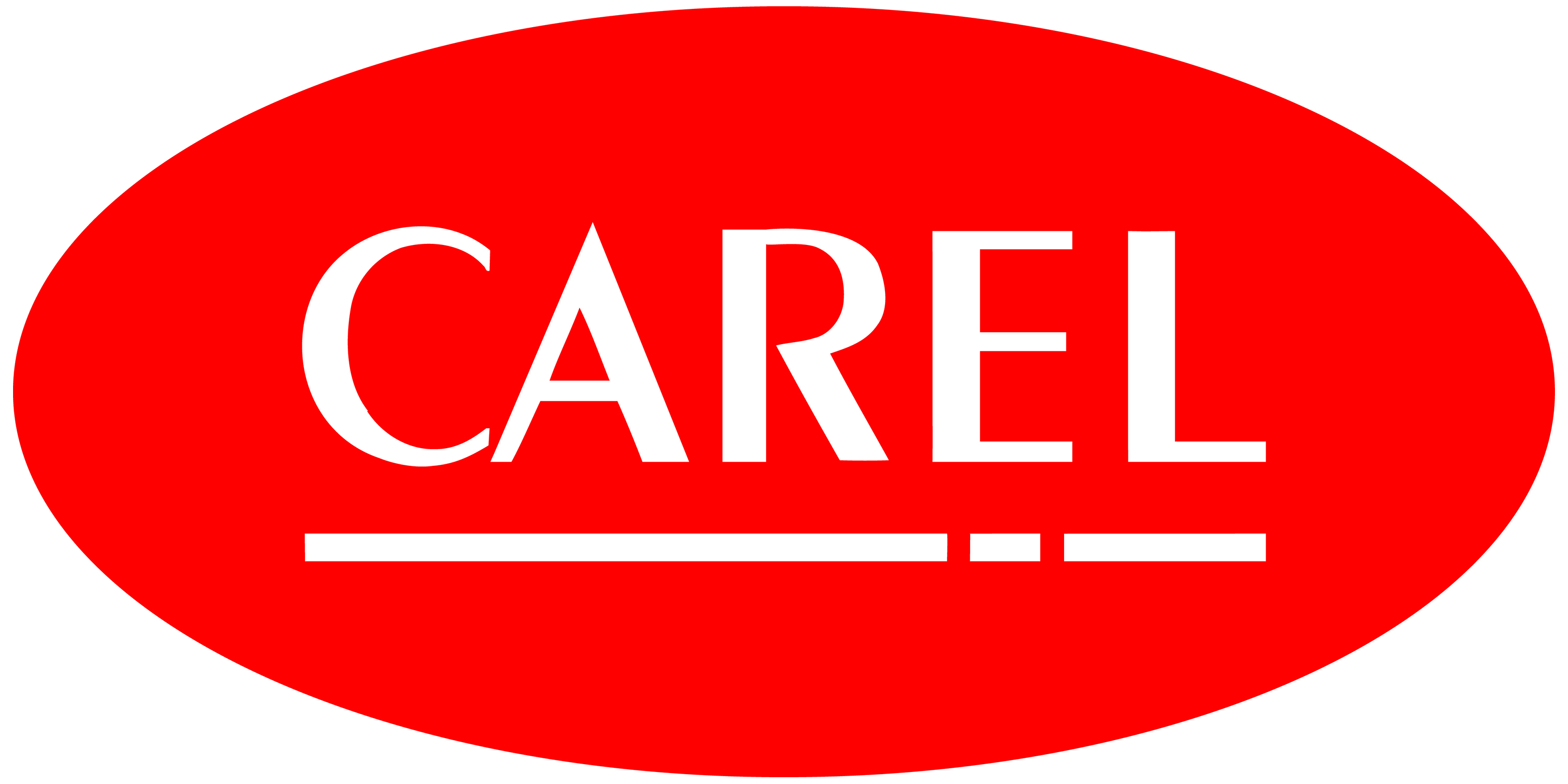Electronic controllers

Electronic controllers use technology that acquires a complete set of information from the units or the system as a whole (temperature, pressure, power consumption, occupancy, etc.), then process such based on system rather than single-unit logic so as to ensure optimum control of all the components.
They thus save considerable amounts of energy.
To give some examples relating to refrigeration, automatic recognition of low load conditions (e.g. operation at night) means bottle coolers can save up to 30% energy by adjusting operating temperature or automatically switching off the lights or fans. Serial communication between controllers on different units, such as multiplexed showcases, compressor racks and air-conditioning units in a supermarket, helps reduce peaks in consumption by preventing high power electrical loads from being activated simultaneously, and reduce energy consumption by producing only the “cooling” that’s strictly required at any given time.
To give some examples relating to air-conditioning, the possibility to coordinate activation of a series of refrigeration units serving the same space avoids inefficient use of these at part load, i.e. when just one or two units need to work at full load. Integration of all the refrigerant circuit components under the same control logic can increase efficiency by up to 10-15%, allowing units to operate outside of design conditions for limited, controlled periods without reliability problems and without interruptions.
The reliability ensured by using electronics to measure all temperature and pressure values, unit operating status or anomalies extends operation both as regards range and life.
Related products
| c.pCO sistema |  |
| pCO sistema |  |
Do you need more informations? KNOWLEDGE CENTER
KNOWLEDGE CENTER
